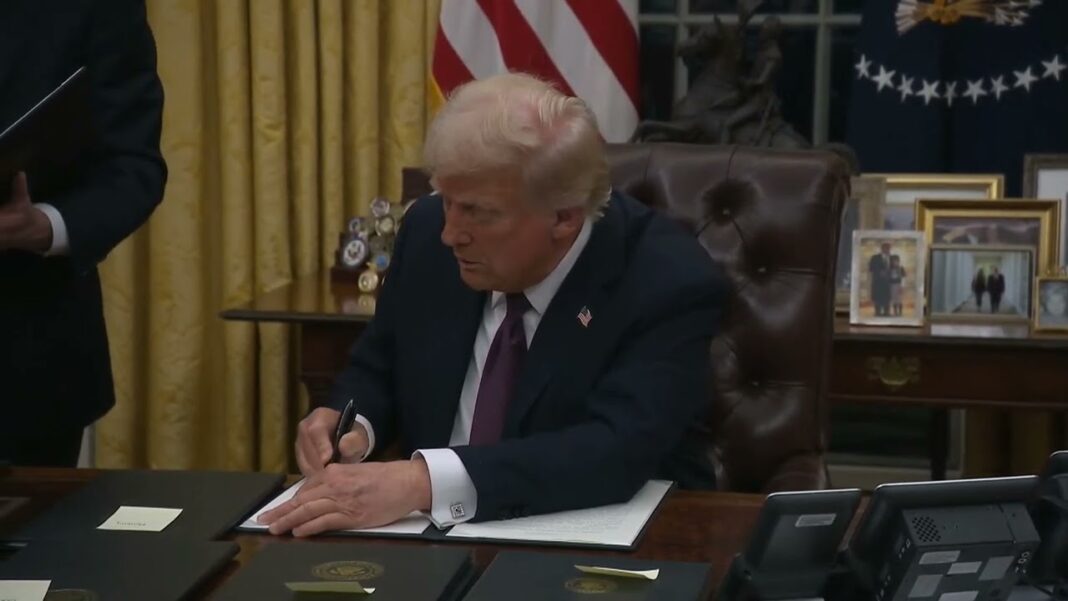The bill from Rep. Michael Cloud (R-Texas) and Sen. Eric Schmitt (R-Mo.) builds on 2024 legislation from Cloud and then-Sen. JD Vance (R-Ohio).
WASHINGTON—Sen. Eric Schmitt (R-Mo.) and Rep. Michael Cloud (R-Texas) have introduced legislation to complement the Trump administration’s push against diversity, equity, and inclusion (DEI) practices in the federal government, building on a near-identical bill that Vice President JD Vance introduced with Cloud while Vance was still an Ohio Senator.
The latest “Dismantle DEI Act,” announced on Feb. 4, would target any federal DEI offices as well as federal funding for DEI.
Part of the 47-page bill updates the Civil Rights Act of 1964, defining DEI practices as those “discriminating for or against any person on the basis of race, color, ethnicity, religion, biological sex, or national origin.”
DEI practices would also include workplace requirements to assent to claims “that a particular race, color, ethnicity, religion, biological sex, or national origin is inherently or systemically superior or inferior, oppressive or oppressed, or privileged or unprivileged,” as well as key trainings advancing such claims.
The proposed measure follows President Donald Trump’s early actions on DEI since the first day of his second term on Jan. 20, which included an executive order directing agencies to terminate DEI-related programs, along with an executive order targeting DEI in both the public and private sectors.
Trump also rescinded Executive Order 13985, a Biden administration executive action aimed at “advancing equity across the Federal Government,” which critics saw as an imposition of DEI in federal agencies and contracting.
In a statement to The Epoch Times, Cloud said that his bill is meant to “ensure that federal programs and funding prioritize merit, equal opportunity, and effectiveness rather than ideological litmus tests.”
On X, Schmitt commented that “for far too long, government agencies have wasted money on divisive and discriminatory DEI policies and programs.”
The legislation also creates a basis for legal action against DEI practices in a court of law.
Under the bill, “any person may bring an action in any United States district court” over alleged federal DEI, with civil damages possible for plaintiffs who prevail.






